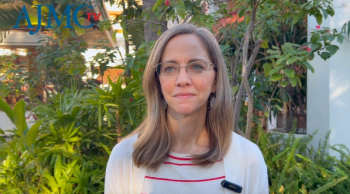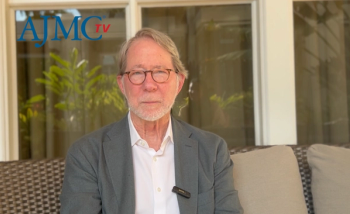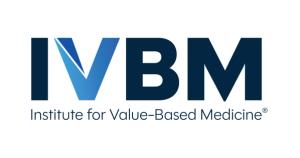
Across 39 patients in 2 cohorts, rapid microbe reduction, high wound closure, restored warmth and sensation, and avoided amputations were observed.

Across 39 patients in 2 cohorts, rapid microbe reduction, high wound closure, restored warmth and sensation, and avoided amputations were observed.

Linda Stein Gold, MD, shares insights on new therapeutic options for patients with various psoriasis subtypes and psoriatic arthritis.

Experts propose a 6-parameter framework for ATTR-CM monitoring and disease progression in transthyretin amyloid cardiomyopathy.

Finance Committee leaders propose expanding Medicare negotiation, curbing middlemen, and reinvesting in biomedical innovation as part of a 2026 health care affordability strategy.

Beneficiaries in ACOs receive significantly higher rates of primary and preventive services, signaling value-based care’s impact on quality and chronic disease management.

Experts at Maui Derm 2026 discuss the meeting’s focus on in-depth clinical education, practical patient care pearls, and interdisciplinary networking.

Donna Culton, MD, University of North Carolina at Chapel Hill, outlines diagnosing autoimmune blistering diseases.

Philip Mease, MD, discusses the different treatment options now available for patients with psoriasis and psoriatic arthritis.

Jerry Shapiro, MD, discusses strategies for treating patients with scarring and nonscarring alopecia.

Paul Nghiem, MD, PhD, discusses individualized therapies and the evolving role of AI in improving outcomes for actinic keratosis and related skin conditions.

Lawrence Eichenfield, MD, outlines a patient-centered approach to atopic dermatitis, assessing disease history, life impact, and prior therapy use.

Daniel Siegel, MD, discusses a loophole he looks out for in ICD-10 coding and billing.

James Song, MD, discusses best practices and strategies for managing patients with psoriasis in 2026.

A randomized clinical trial found a voice-enabled virtual assistant reduced mental distress and improved quality of life, self-care, and glycemic control.

Few adults with diabetes in Mexico achieve combined CVD risk factor control, highlighting gaps in blood pressure, cholesterol, and glycemic management.

Initiating SGLT2is was linked to lower risks of chronic kidney disease and fewer acute kidney injury events than GLP-1 RAs in metformin-treated type 2 diabetes.

The new Horizon1000 partnership aims to deploy AI tools across 1000 clinics to boost care, support health workers, and address aid cuts in African health systems by 2028.

A new bipartisan funding bill funds key departments ahead of the deadline in an effort to avoid another government shutdown.

As clinical trial activity accelerates and trial designs grow more complex, new data highlight persistent challenges with feasibility, enrollment, and early termination.

Jose Guzman Garcia, PharmD, MHA, BCCCP, discusses key pharmacy initiatives at UC Davis Health.

Adults with hypertrophic cardiomyopathy living in lower-income or more socially deprived areas experienced significantly higher risks of heart failure, arrhythmias, stroke, and death.

Black adolescents from lower-income households who engage in volunteer activities experience reduced odds of developing diabetes in adulthood.

Aleata Postell discusses CenterWell Pharmacy's partnership with Eli Lilly to dispense FDA-approved obesity management drugs.

Presenters shared their personal highlights of attending ASCO GI 2026.

Adults with hypertension who have prediabetes and subclinical myocardial injury or stress face a higher risk of incident heart failure, a study suggests.

Jo Varshney, PhD, DVM, discusses how VeriSIM Life’s innovative approach leverages artificial intelligence and multispecies data.

Among patients who did receive early DNAR orders, survival to hospital discharge did not differ by race or ethnicity.

Recent findings support the use of EHRs not only for individual patient care but also for family-centered interventions to curb the growing diabetes epidemic.

Amivantamab-vmjw combined with FOLFOX/FOLFIRI delivers encouraging response rates, durable benefit, and manageable safety.

In an interview during ASH 2025, Ontada's Ira Zackon, MD explores the role of BTK inhibitors in chronic lymphocytic leukemia treatment, highlighting real-world challenges and emerging therapy strategies.

Published: August 21st 2025 | Updated:

Published: December 21st 2022 | Updated:

Published: December 12th 2024 | Updated:

Published: July 18th 2024 | Updated: July 18th 2024

Published: November 9th 2023 | Updated:

Published: May 16th 2024 | Updated:

259 Prospect Plains Rd, Bldg H
Cranbury, NJ 08512
© 2025 MJH Life Sciences®
All rights reserved.
